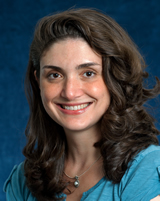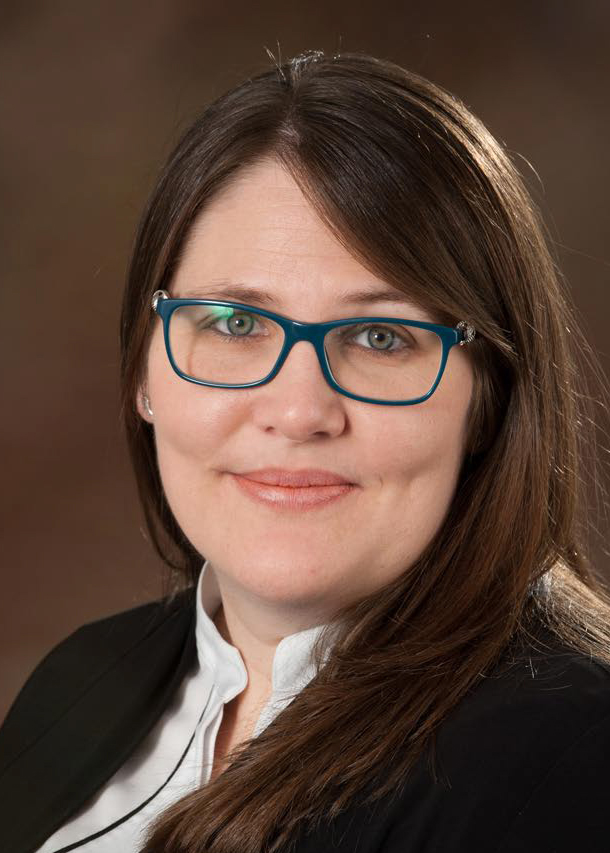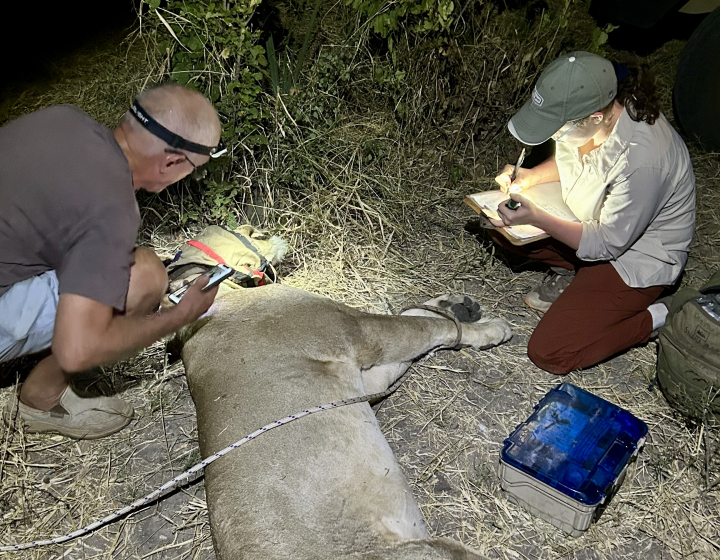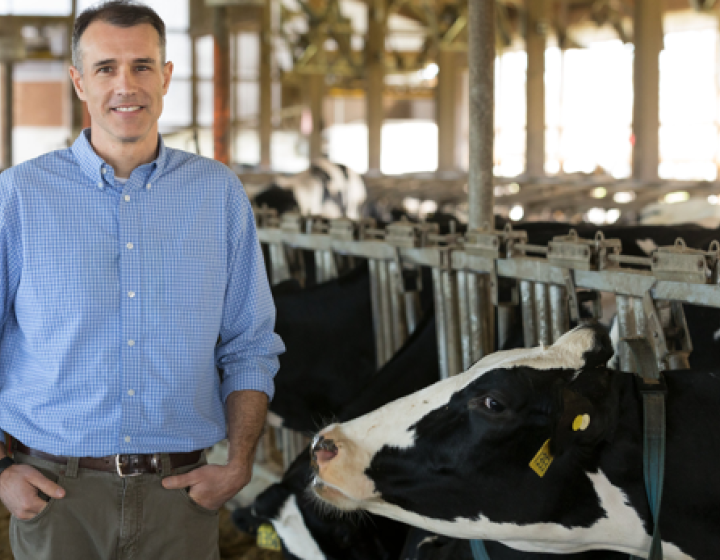Diving deeper: College faculty pursue doctoral degrees

senior lecturer,
Section of Anesthesiology
and Pain Medicine. Photo: Cornell Vet
Faculty members at the Cornell University College of Veterinary Medicine (CVM) have their hands full, with varying commitments to teaching, service and research. Some faculty members at CVM have taken on an additional challenge: pursuing their doctoral degree.
“When someone embarks on a doctoral degree program, they’re pursuing and creating new knowledge in their field,” says Dr. Susan Fubini, associate dean for academic affairs. “While not necessary for all faculty positions at the college, we certainly welcome it when a faculty member wants to pursue a Ph.D. program, as it only enhances the quality and depth of their expertise that they share at CVM.”
For faculty members up to the challenge, pursuing a doctoral degree can provide an array of benefits—from exploring international projects, deepening scientific expertise, and enhancing teaching skills, this next step in the academic journey can mean much more than extra letters on the CV.
Honing knowledge
Jordyn Boesch, D.V.M. ‘06, senior lecturer in the Section of Anesthesiology and Pain Medicine, earned her Ph.D. from the Faculty of Veterinary Medicine,
University of Pretoria, in South Africa.
Funded by the Wiederhold Foundation, Boesch studied the effects of the ultrapotent opioid, etorphine, in the white rhinoceros, and how to prevent it from causing low oxygen levels in the animals during anesthesia. “The most important and complex component of this project was measurement of pressure and flow through the pulmonary vascular bed, which involved developing a novel technique for catheterizing the right heart via a vein just below the mandible,” says Boesch. “We were the first group to perform this technique in a megavertebrate.”
Dr. Mariana Diel de Amorim, assistant professor in the Section of Theriogenology, focused her Ph.D. research on equine maternal recognition of pregnancy, and received her degree from the University of Saskatchewan, where she held her first faculty position.
Diel de Amorim was the first to examine how the enzyme that breaks oxytocin down, oxytocinase, functions during mare’s reproduction cycles, illustrating that the corpus luteum uses oxytocin and oxytocinase to help regulate the mare’s reproduction cycles and pregnancy.
Dr. Gen Meredith, associate director of the Cornell Master of Public Health (M.P.H.) Program, recently earned her doctorate of public health from the University of Illinois at Chicago. “There is a great deal of literature that details how public health education in the United States has not changed in 50 years and is out of touch with what the country’s public health workforce needs are,” says Meredith. “My question was whether M.P.H. programs are answering the calls to action on this, and if so, how and why they are doing so.”
Balancing act
Naturally, getting a doctoral degree while also working as CVM faculty doesn’t come without struggle.

“It was a phenomenal experience working with rhinos, and I’m eternally grateful for it and for everyone who helped me along the way, but it was extremely taxing both mentally and physically, I’ll be honest,” says Boesch. She describes a grueling schedule of traveling back and forth to South Africa. “I completed my faculty responsibilities during the work week, then worked on the Ph.D. during my entire weekend. My work-life balance was not good!” Boesch admits. “I would do it again because it was a once-in-a-lifetime experience, but I would recommend other faculty carefully analyze how much time their faculty duties and duties as a Ph.D. candidate will truly take before committing to it. Otherwise you could easily end up neglecting both and burning out.”
Diel de Amorim, who defended her thesis three weeks before having her second baby, echoes this sentiment. “It was a bit nuts, because my thesis was
quite large,” she says. “It was a very nice accomplishment, but it required a lot of multitasking and a crazy amount of work. I had two full-time jobs, my husband was in a residency program at Cornell and we just had our first kid. But I do feel that I was able to do it because of discipline, and the support of my mentor, Claire Card, D.V.M. ’86, and Cornell.”
Meredith, who has two young children, noted the importance of her support systems in getting through her doctoral degree. “I am eternally grateful to my friends who picked up my kids and took care of them and to my colleagues who buoyed me up during that time,” she says. “I am also eternally grateful to our babysitter who stuck with us for four years — I couldn’t have done it without them.” Diel de Amorim stresses the importance of strategic scheduling. “I balanced work and my Ph.D. planning the weeks and month according to the times of the year in which I knew I had deadlines coming for one or the other,” she says, noting that juggling the work of parenthood was also a challenge that required support from her partner. “My husband and I worked as a team, trying to support each other through my Ph.D. and his residency. It was a lot of hard work, but we were happy to be doing what we love and also being part of the Cornell family, where we always felt supported.”
Enriching the college
Beside the personal achievements gained, the college also benefits from faculty members’ doctoral work. Researchers have the opportunity to delve into technologies and scientific topics that in turn make them a more knowledgeable scientist with more cutting-edge understanding of their field. “I have gained more in-depth knowledge of molecular techniques, experimental designs and overall knowledge on my field of expertise that I believe has helped me run my lab with more confidence and efficiency now,” says Diel de Amorim.
For Boesch, her thesis project fostered highly specialized clinical skills for critically endangered species—skills that serves as a rare asset to the Cornell University Hospital for Animals and its clients. “My thesis allowed me to develop my knowledge and experience in a very specific area of expertise within the specialty of anesthesiology — anesthesia of wild animals — which few veterinarians have the opportunity to study,” says Boesh. “I hope this will contribute to conservation and also help students to get involved in this field.”
Finally, when faculty members become students again themselves, it can reignite a new understanding for the student experience and a passion for
teaching. Meredith notes how useful it was to be on the student-side of the educational dynamic. “I found it really inspiring to sit in the dual role of teacher and also student,” she says. “It reminded me of core learning elements, and helped me put myself in our students’ shoes to figure out methods and strategies to be interesting, engaging, and responsive as an educator.”
-Written by Lauren Cahoon Roberts




